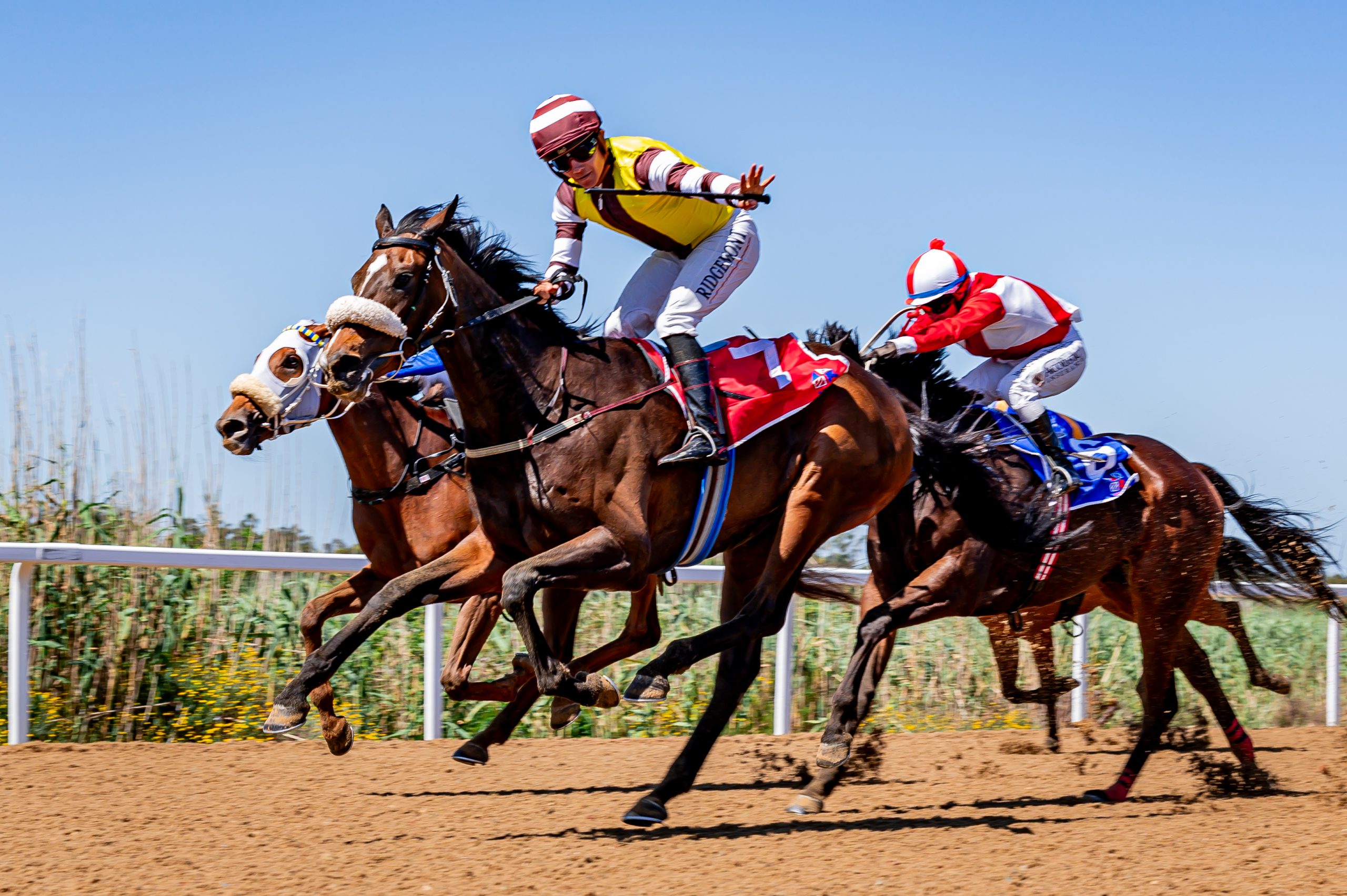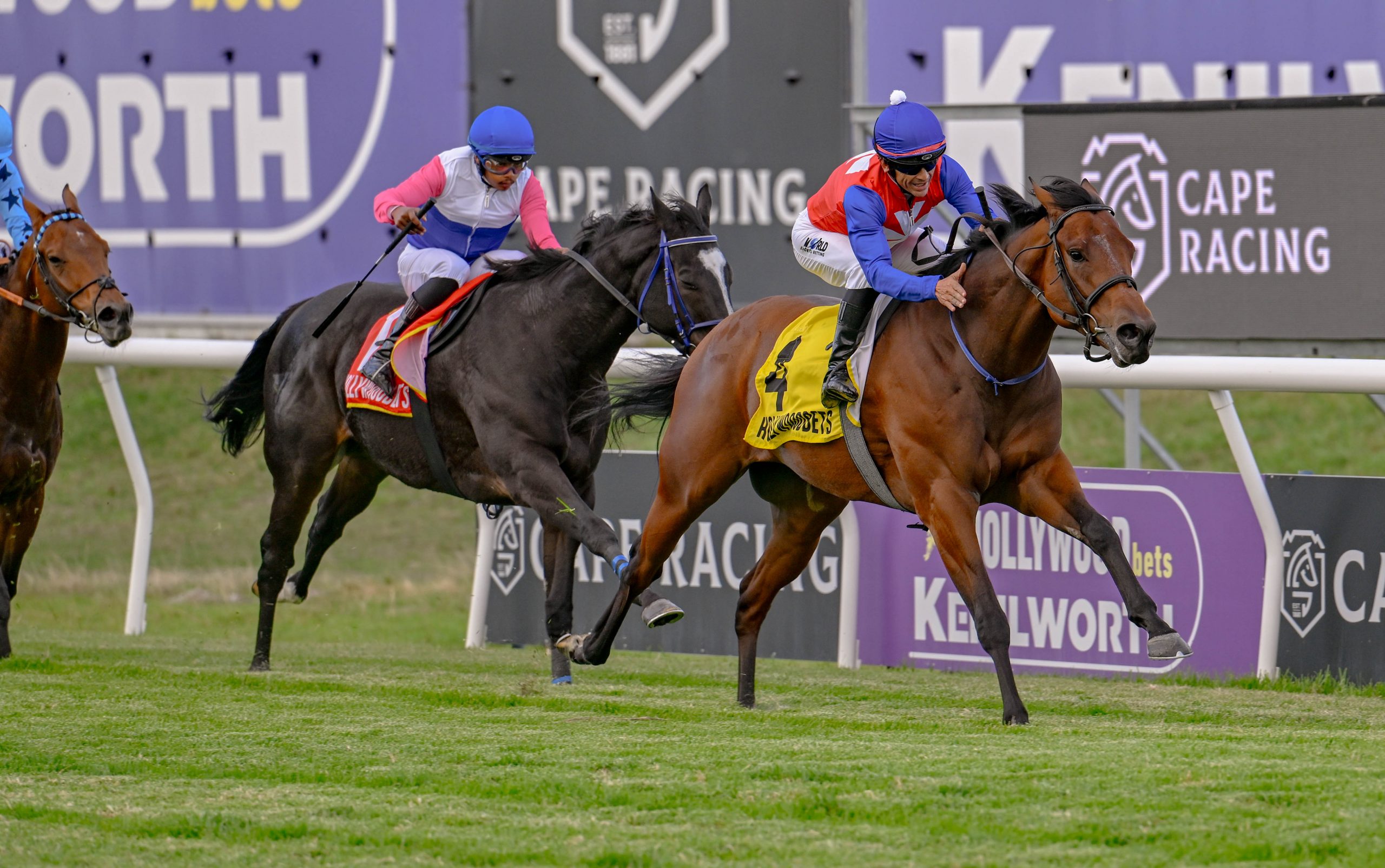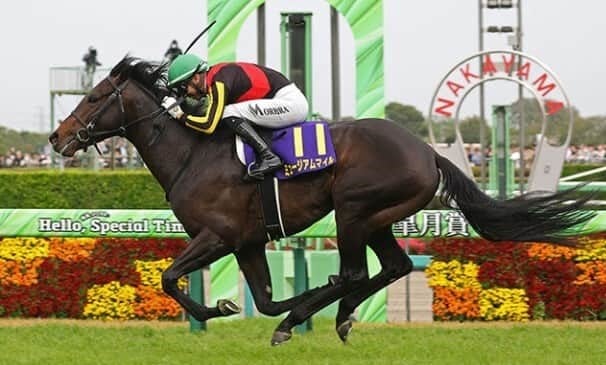Why Does Racing In South Africa act as if it is entitled to survive?
Garrick Bergh writes in the Sporting Post mailbag that over the last few weeks there has been no shortage of individuals bemoaning the state of South African racing as it wilts under the enforced lockdown.
One recurring theme has become almost a cliché: ‘We must all stand (or pull) together!’
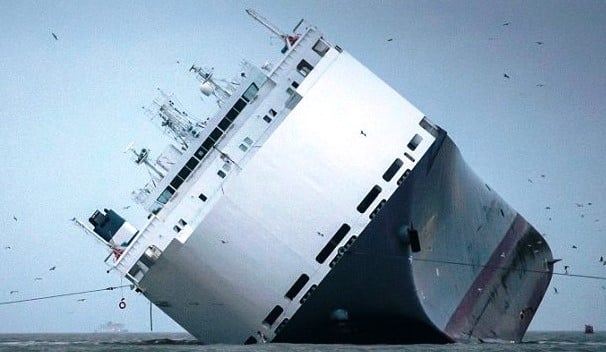
Most of this noise is coming from the industry insiders who already earn their livelihood from the sport.
They are understandably desperate to keep afloat although, regrettably, many of the proposed remedies and solutions appear alarmingly similar to the failed model we already labour under.
Indulge me for just a moment and allow me to air some issues which seldom seem to be raised. I believe they are pertinent to the topic even though they may be unpalatable to some.
What exactly is racing?
I am reliably advised that racing is a sport although the response I often get seems to waver between ‘game’, ‘sport’ and ‘industry’ dependent upon whom you are speaking to.
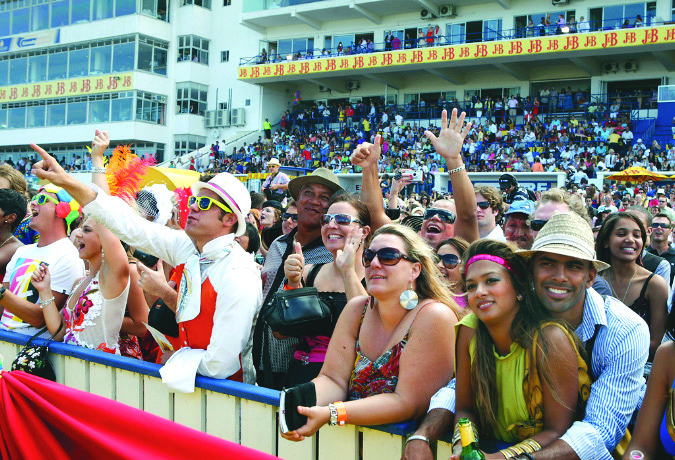
Of one issue I am in no doubt : It is a financially elitist activity.
This should not be construed as a shameful negative but rather the truthful acknowledgement that owning and racing horses is best suited to royalty, heads of state, captains of industry and the wealthy.
Far too many people, ill equipped to deal with the vagaries of horse ownership, have been solicited and granted colours with detrimental consequences for both themselves and the industry service providers.
Typically their eventual and inevitable departure from the sport is as something less than racing’s best ambassador. With respect – this is one regulatory failure amongst many.
I also struggle with understanding the concept of transformation in racing.
Wealthy potential patrons motivated by a passion for the activity will find their way into racing without any legislative help or rule changes.

Strong, effective leadership at executive level could and should create the environment and support for any individual, from whatever background, to advance themselves up an identifiable career path on the service side of the industry.
Instead we seem to have witnessed a steady stream of dubious appointments encompassing all of nepotism, sheltered employment cases and re-treaded personnel who have failed in other industry roles and are without the requisite expertise to discharge their responsibilities effectively.
Why do we need racing?
Racing – insofar as the public which funds it is concerned – is one of a broad number of options available under the heading ENTERTAINMENT.
One cannot mention racing without a nod to its cousin BETTING.
Luckily for racing betting inevitably becomes, like alcohol and tobacco, an addiction ranging from mild to chronic.
Historically this addiction has served racing well and kept fans involved long after any ‘sober’ persons would have abandoned it after having suffered endless blows to their pockets.
But in recent years this has changed with increasing numbers migrating to alternative betting opportunities.
This migration has not been helped by the reality that racing habitually shoots itself in the foot with an almost uninterrupted succession of unsavoury incidents; prompting outsiders to open any conversation they have with me regarding the sport with: ‘Is racing crooked?’. I am normally forced to answer: ‘No –racing isn’t fundamentally crooked but every crook appears to be in racing.’
Not every activity lasts forever.
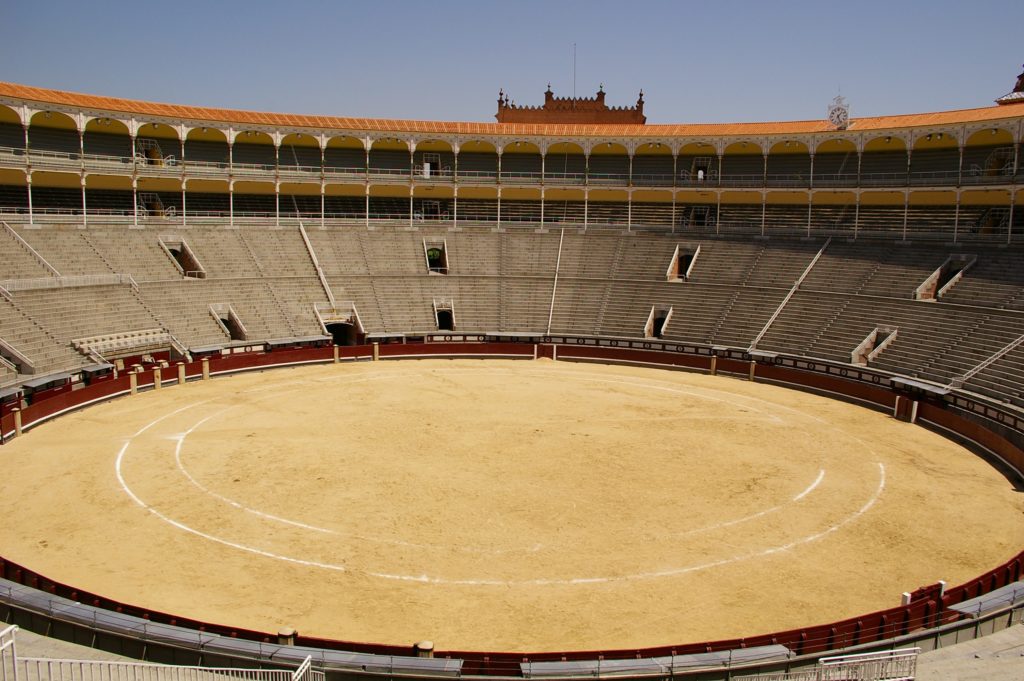
The Roman games lasted close to a thousand years but, happily, are no more. Barcelona no longer permits bull fighting.
Attitudes and tastes change. There are lots of jurisdictions where racing does not take place so what makes racing in South Africa so deserving of preservation?
Employment?
The industry guesstimates regarding employment vary from a delusional 145,000 down to a possibly more realistic 40,000; numbers which are already shrinking quite naturally with each passing year as the popularity of the sport wanes.
Nobody actually seems to want to heed a market which is not particularly interested in buying the product on sale.
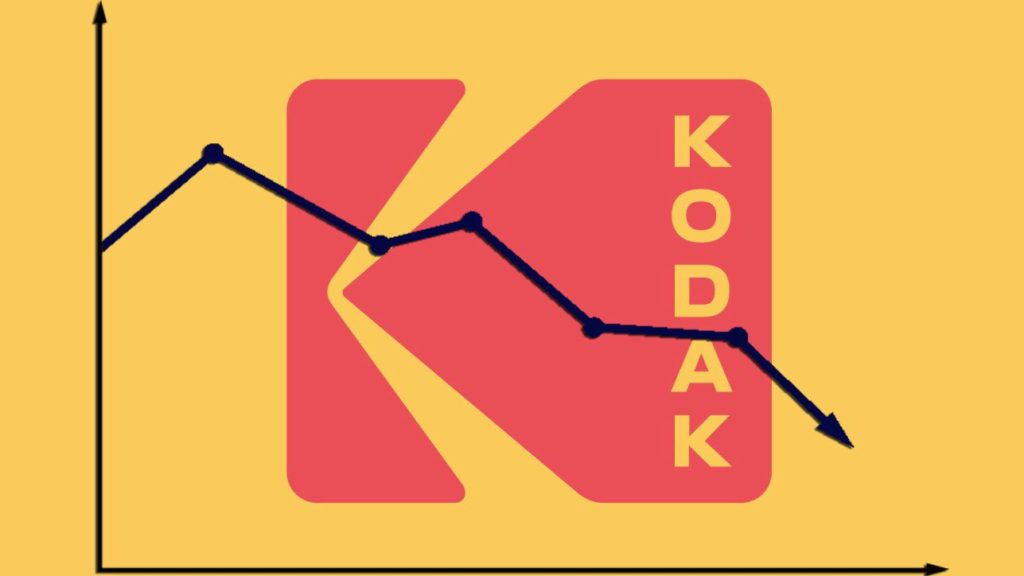
I remember when a former employer of mine displayed the same arrogant attitude to change. Does anybody remember Kodak?
The White Knight Theory…
Although it is probably not politically correct to use the term ‘white’ in conjunction with anything these days there is this hope that somebody is galloping to racings’ rescue.
On one side we have a group I shall label as the ‘invisible horsemen’.
Nothing sums up racing more succinctly than this: An opaque group – who in no way appears to represent the entire industry- have assembled in secret and are going to save it!
Why do I get the feeling that we need to substitute ‘it’ with ‘their interests’?
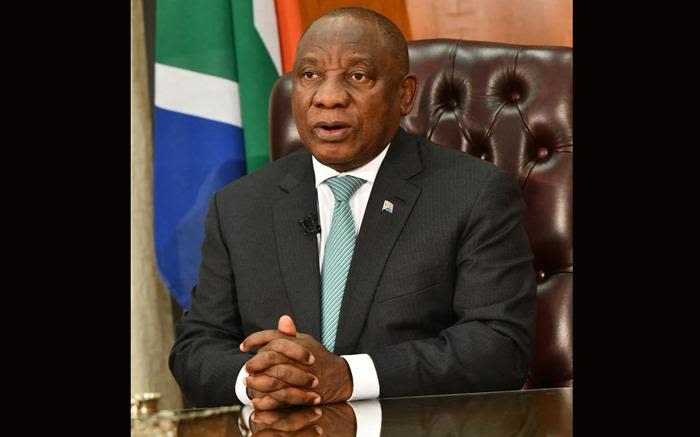
On the other side we have government.
I am amazed that we see government as an option.
Why would you turn to a group which has re-written the book on corruption & theft and expect salvation from that source for a fundamentally bankrupt activity? There’s no juice there for opportunists!
Alternatively – if government possessed an ounce of morality – would they not argue that one positive from the demise of local racing might be a fractional reduction of betting opportunities from an already overtraded market?
I also note that it has suddenly become very fashionable to wave the threatened jobs of approximately 5,000 grooms under the noses of the authorities to motivate concessions.
Where was this concern just after corporatisation and when the Late Ian Jayes was campaigning their interests amongst other issues? The cynicism of this approach is noted.
So where’s the money coming from?
Owners?
A lot of owners would exit right now if they could do so humanely and with dignity.
A large number are likely to be forced out in the months ahead as their income has already come to a full stop.
Punters?
As I have stated often before – Punters do not wake up each morning and ask themselves ‘What Can I Do For Racing?’ They focus primarily on striking a winning bet and will adjust quickly to other opportunities faster than you can say ‘carryover’.
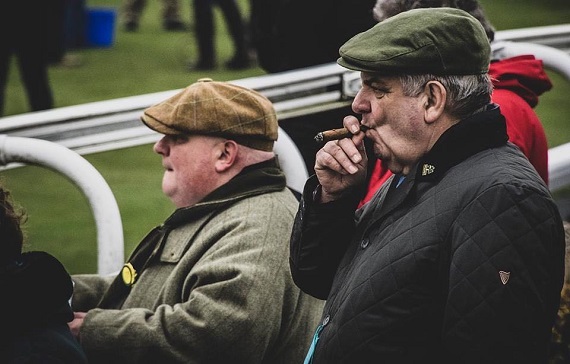
In doing so they will follow those who have already moved on.
The Operator? The less said the better. They have nothing to add.
The only perverse consolation that the cynic can draw from this unhappy situation is that their management share options are effectively valueless.






